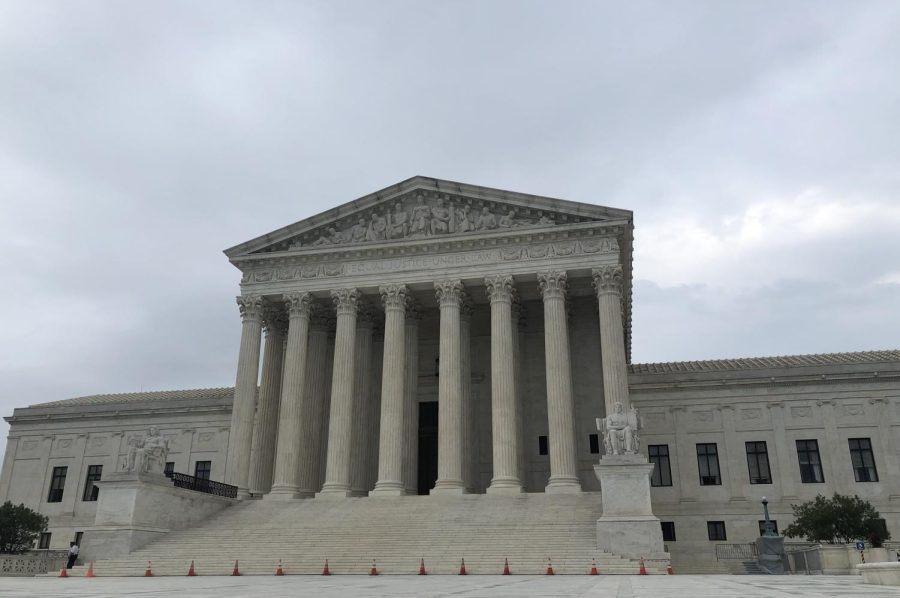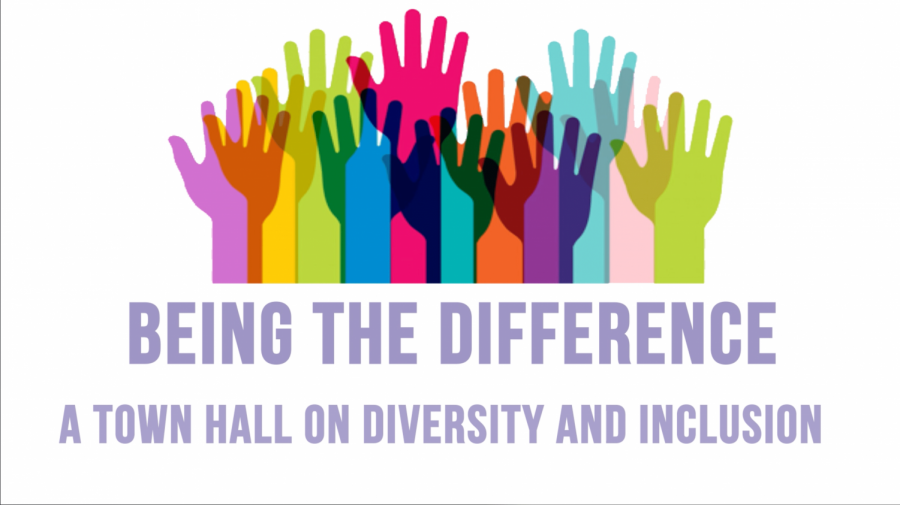Diversity should be a standard when appointing people to positions of power.
Justice Stephen Breyer announced he will be retiring from the Supreme Court Oct. 3. With Breyer leaving, President Joe Biden will be left with the decision of who to replace him with, arguably one of the most influential powers of a president.
Biden announced Jan. 28 that his selection for Supreme Court justice will be the first Black woman to serve on the Supreme Court. This comes after the pledge he made during his campaign.
Still, many Americans struggle with the concept of including people of all races, gender identities and sexual orientations in positions of power. An ABC News and Ipsos poll was conducted in January and found that 76% of Americans believe that Biden should “consider all possible nominees” for the Supreme Court position. This opinion is understandable and one that I think many Americans can agree with: However, it isn’t a point that has been raised in the past.
The Supreme Court has consistently been made up of white men, lacking both racial and gender diversity. Only about 4% of Supreme Court justices have historically been women. This is a huge discrepancy. Along with that, although nearly four in 10 people in America are not white, only two of nine current Supreme Court justices belong to a racial minority group. The real issue is that major discussions about diversity have only just begun, and many of these conversations are negative.
The upsetting concept is that somehow a Black woman being a Supreme Court justice is questionable because she may not be the best fit or less qualified than other candidates. Yet, this was not something that people in America were outspoken about when time after time white people, mostly men, were chosen as justices.
Capitalizing on the prospect of diversity efforts in America is a separate issue, which can manifest into performative activism, in which people will act as allies or join in on a cause for personal gain. This is disingenuous and wrong because it makes a mockery of real issues in America. However, if Biden were to claim he wanted to appoint a Black woman to the Supreme Court in his campaign but not follow through, then we could discuss that issue. However, he is actually going to follow through with it and take measures to ensure this intentional practice continues.
On his Saturday podcast “Verdict,” Senator Ted Cruz said, “The fact that he’s willing to make a promise at the outset that it must be a Black woman — I gotta say, that’s offensive.” Cruz also said, “Black women are, what, 6% of the U.S. population? He’s saying to 94% of Americans: ‘I don’t give a damn about you. You are ineligible.’”
Rather than adopting this perspective, I would encourage everyone to consider this: a Black woman can simultaneously bring much-needed diversity to the Supreme Court and also be intelligent, qualified and right for the position. There is no reason to suggest that it must be one or the other. Making mindful decisions about diversity and inclusion in powerful positions is important. Appointing a Black woman could bring a diverse perspective.
The Supreme Court should represent all of the people of America, and that should not be a controversial notion. People of different backgrounds, whether it be race, gender or sexuality, each have unique perspectives and experiences that their fellow justices may not; these differences are what make a court more powerful. A court that includes all types of people is a more representative, stronger Supreme Court.
This story was written by Grace Cady. She can be reached at grace.cady@marquette.edu










